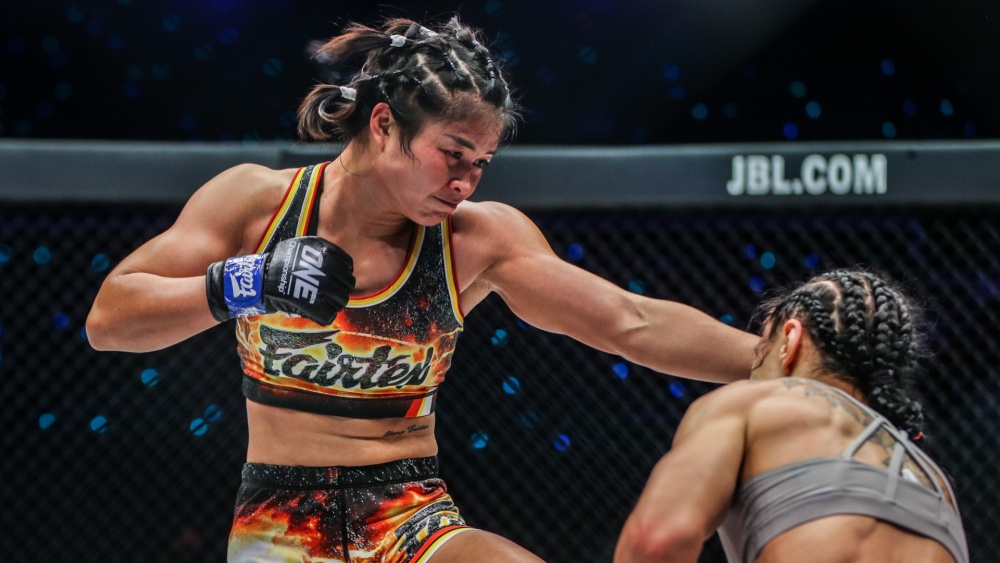- Location
- The Hague
- Pronouns
- He/Him
Controversial gaming opinion: video games are good.

Whats the logic behind making gacha games exclusively with only female characters?
The niche is very strong. When you take, say, Azur Lane or Blue Archive, the general idea is *to not* be like Genshin or FGO, as competition would...old.reddit.com
Mind you I do consider this as anecdote even citing it.
"Female characters" is fine. It's specifically "Females" that is a rather common dogwhistle of the "Women and men are completely alien to each other like an entirely different species and the former are also lesser and worse" type.
Yes, this; people often use terms like "males and females" when they are trying to speak in a clinical/technical sort of way. It's the inconsistency that's a tipoff.Note that context does matter, as military and medical folks can get in the habit of saying males and females, but if it's "men and females" that tends to be really eyebrow-raising.
I think it's a good thing that the new ending added in the Definitive edition no longer frames Buzzo as being right when he said it's not his fault he did all the things he did it was actually because Lisa was pure evil and she made him do it.
Don't know the context of the new ending as of yet, but that doesn't feel like it's going to be particularly controversial? IIRC Lisa has sort of a theme through the entire series of broken people making more broken people, and tends to at least somewhat condemn those people's actions even if understanding where they came from.
Basically, "female" as an adjective is common usage in English. "Females" as a noun ("a female") is nearly always a sign of extreme detachment."Female characters" is fine. It's specifically "Females" that is a rather common dogwhistle of the "Women and men are completely alien to each other like an entirely different species and the former are also lesser and worse" type.
Yeah- and both war and medicine are signs that you're speaking of people with extreme detachment. And I agree with you about the eyebrow-raiser.Note that context does matter, as military and medical folks can get in the habit of saying males and females, but if it's "men and females" that tends to be really eyebrow-raising.
Yes, but I would joke around if they talk that way though. "Males? Which males are you talking about? Also, for which species of those males ?"To be fair, if someone is talking about "males" a ton they're probably doing a similar thing. Like it won't have the background cultural sexism stuff, but it sounds like a weird radfem polemic to my ears if you're not using it scientifically a little bit too.

be like yoko taro and just admit you like hot girls. freedom in honesty
i think he is god's strongest soldier and i am glad he does the things he doesdo you think Kojima was pretending when he put out high resolution images of quiet specifically so people would cosplay as her
Honestly it just felt better overall. I tried to think of a really through explanation on why that is but my brain just kept blanking. The new secret ending is a pain in the ass to get but it just feels more satisfying.I think it's a good thing that the new ending added in the Definitive edition no longer frames Buzzo as being right when he said it's not his fault he did all the things he did it was actually because Lisa was pure evil and she made him do it.
Oh yeah I would never have gotten it without looking it up but it feels a lot more satisfying, I think it helps that part of the process is intrinsically tied to Buddy facing up to the ghosts of the Warlords, which brings that aspect back into the forefront as an important part of the story rather than letting it fade away in favour of Yado, the Vaccine and the Buzzo motivations which I just find less interesting than the character drama of Buddy and her place in the world, finding out why Olathe is the way it is never mattered to me, but the new ending feels like its more about Buddy's character rather than things just happening to or around her. I still prefer Painful as a story more but I think they did the best they could elevating Joyful without really heavily reworking it.Honestly it just felt better overall. I tried to think of a really through explanation on why that is but my brain just kept blanking. The new secret ending is a pain in the ass to get but it just feels more satisfying.
"Twisted Wonderland" look it upHas any company tried to make a gacha game focused towards women with malefanservice as horny as your typically men focused gacha games?
Because if the answer is no, them there's literally zero evidence to assume that those wouldn't sell as well.
Interesting. I have an "I don't know what to do with this" thought of my own that might be related:I feel like someone who was very good at gender studies sorts of things could make a really interesting argument about gender presentation in fictional characters, based on the Doylist/Watsonian divide.
From a Watsonian perspective, a character has a gender identity and an outward way in which they present themselves, like any real person.
From a Doylist perspective, a character is all presentation. They're entirely fictional. Kratos isn't actually a person; he's just a bundle of (hyper)masculine aesthetics and dialogue, to the point where there's nothing there but what the author has decided will be shown.
I'm not really sure where to take this observation, or what to do with it, but I feel like there's something to build on here.
That... has a lot to do with the basic fact that one of those is a person, and the other is a product, I think. It's not exactly surprising that extremely different things get notably different treatment in regards to academia and whatnot.It seems few things have a larger gulf among modern scholarship between "how acceptable is it for the thing to exist in reality" and "how acceptable is it to make video games containing this" than a scantily-clad woman. A woman in revealing clothing on the streets of a real life city, is rightfully not to be criticized- to do otherwise would be slut shaming. Perhaps this flaunting of backwards social norms is to be cheered on. A woman in revealing clothing on the streets of whereever some GTA game is set, even if she behaves much the same as the real one, was probably put there for no other reason than to be a toy for male players. Which, it seems according to a lot of discourse, is to be harshly condemned.
A major difference being that an actual woman can push back. A character can't, and if their creator tries they are treated as fair game, unlike how the woman in the first case would be regarded. So the prudes can go ahead and slut-shame as much as they like.A woman in revealing clothing on the streets of a real life city, is rightfully not to be criticized- to do otherwise would be slut shaming. Perhaps this flaunting of backwards social norms is to be cheered on. A woman in revealing clothing on the streets of whereever some GTA game is set, even if she behaves much the same as the real one, was probably put there for no other reason than to be a toy for male players. Which, it seems according to a lot of discourse, is to be harshly condemned.